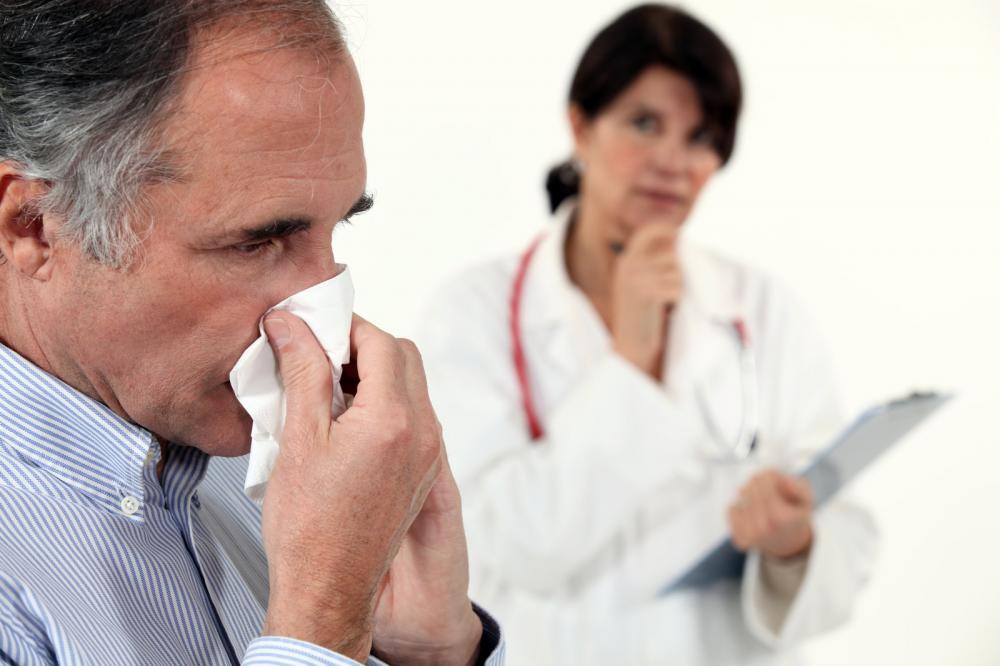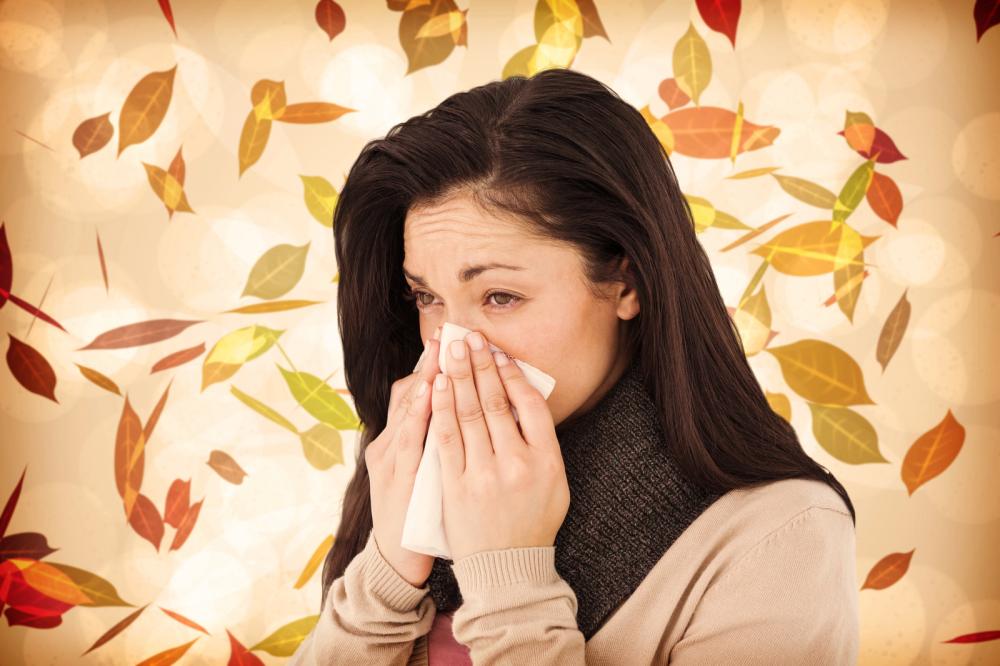Fall Allergies—Here’s How to Combat Them
The warm, sunny days are over, and now, you’re sneezing all the time. Fall has its charms and horrors—everyone enjoys the delicious cinnamon rolls, pumpkin spice lattes, fuzzy coats, and walking on crinkly leaves, but we also despise it when our eyes swell up and our nose turns on like a faucet!
Although hay fever and pollen allergies are more commonly associated with spring, several types of seasonal allergies arise in fall, causing runny noses & sneezing. The triggers are different for everyone, but the symptoms, causes, and prevention are almost the same.
Continue reading this blog to learn about fall allergies in detail—starting with their causes, and followed by preventive care and treatment practices.
What Causes Fall Allergies?
Tree pollen allergy is prevalent in the spring, while grass pollen allergies arise in the summer. According to the American College of Allergy, Asthma, and Immunology, the pesky leaves & temperature dips in fall can induce sneezing, asthma symptoms, and viral flu. Other common fall allergies include:
Ragweed
More than 75% of the people who are allergic to pollen grains suffer from ragweed allergy in the fall. This substance is the most common trigger of seasonal allergies, including hay fever. The ragweed starts pollinating during the late summer and continues till the end of October. And even if your area doesn’t have many ragweed-producing plants, the pollen can travel hundreds of miles to reach you.
Dust Mites
As you turn on the radiator to cozy up during fall, invisible dust mites can circulate in the air and enter your nose. Always clean the radiator and replace the old, dingy filter with a new one to prevent indoor allergens.
What are the Symptoms?
The COVID-19 pandemic has scared allergy patients. The uncanny resemblance between the coronavirus and seasonal flu symptoms is confusing us all—therefore, the CDC has been promptly addressing FAQs on this subject.
The common symptoms of fall allergy are:
- Nasal congestion
- Runny nose
- Tingling sensation in the throat
- Sneezing
- Rashes
- Headache
- Itchy, watery eyes
- Wheezing
How Long Will My Allergy Last?
Fall allergy duration depends on your immune system response and the intensity of your exposure to the allergens. Moreover, your allergy can be long-lasting if you’re allergic to more than one allergy trigger.

How Can I Get Rid of Fall Allergens?
The most effective preventive and treatment practices for fall allergies are mentioned below:
- Stay indoors to mitigate the risk of inhaling pollen and dust mites.
- Plan for the weather in advance by keeping a check on your local weather forecasts.
- Use HEPA-compliant air filters to keep the air clean inside your home.
- Spring isn’t the only cleaning season. Get your home ready for fall to avoid seasonal allergies.
- Monitor the pollen count.
- Use antihistamines and nasal sprays to relieve runny/blocked nose and sinus congestion.
- Don’t forget to get flu and allergy shots before the season kicks in.
Should I See a Chiropractor for My Fall Allergies?
There’s a third contender along with your respiratory and immune system that helps you fight off the seasonal allergens—the nervous system. Allergies may compromise your immune response if your spine is unaligned. Here’s how a chiropractor helps you:
- Relieves your allergy symptoms without prescriptions
- Mitigates joint restrictions and nerve interference
- Clears the brain-body communication pathway
- Decongests the sinuses for smooth drainage
- Restores efficacious function of nervous, respiratory, and immune systems
Chiropractors can significantly restore your normal life functions by relieving sinus and allergy problems, so you can smell the roses without the fear of sneezing!
Avail Safe Chiropractic Treatments in Shelbyville, KY
Here at Shelby County Chiropractic, we can help remove any nervous system interference and deliver effective relief from headaches and runny noses. If you are looking for a viable alternative to allopathic care, get in touch with us and let our chiropractors take care of the rest.


